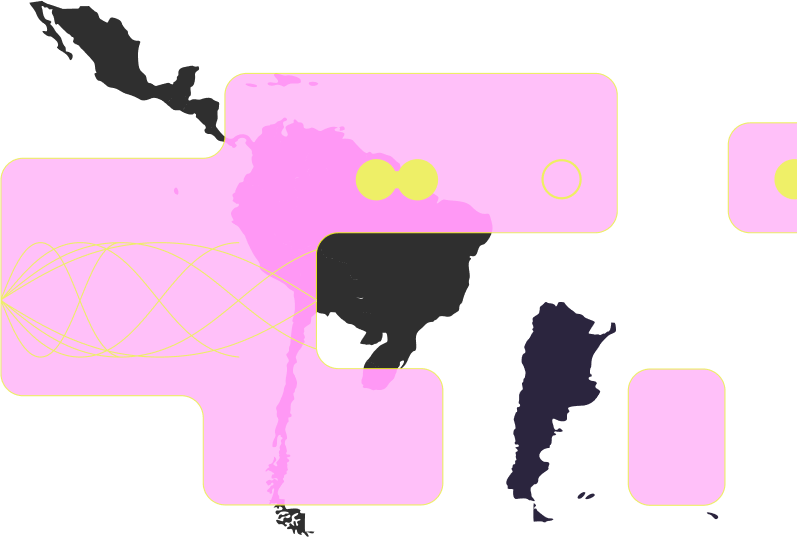


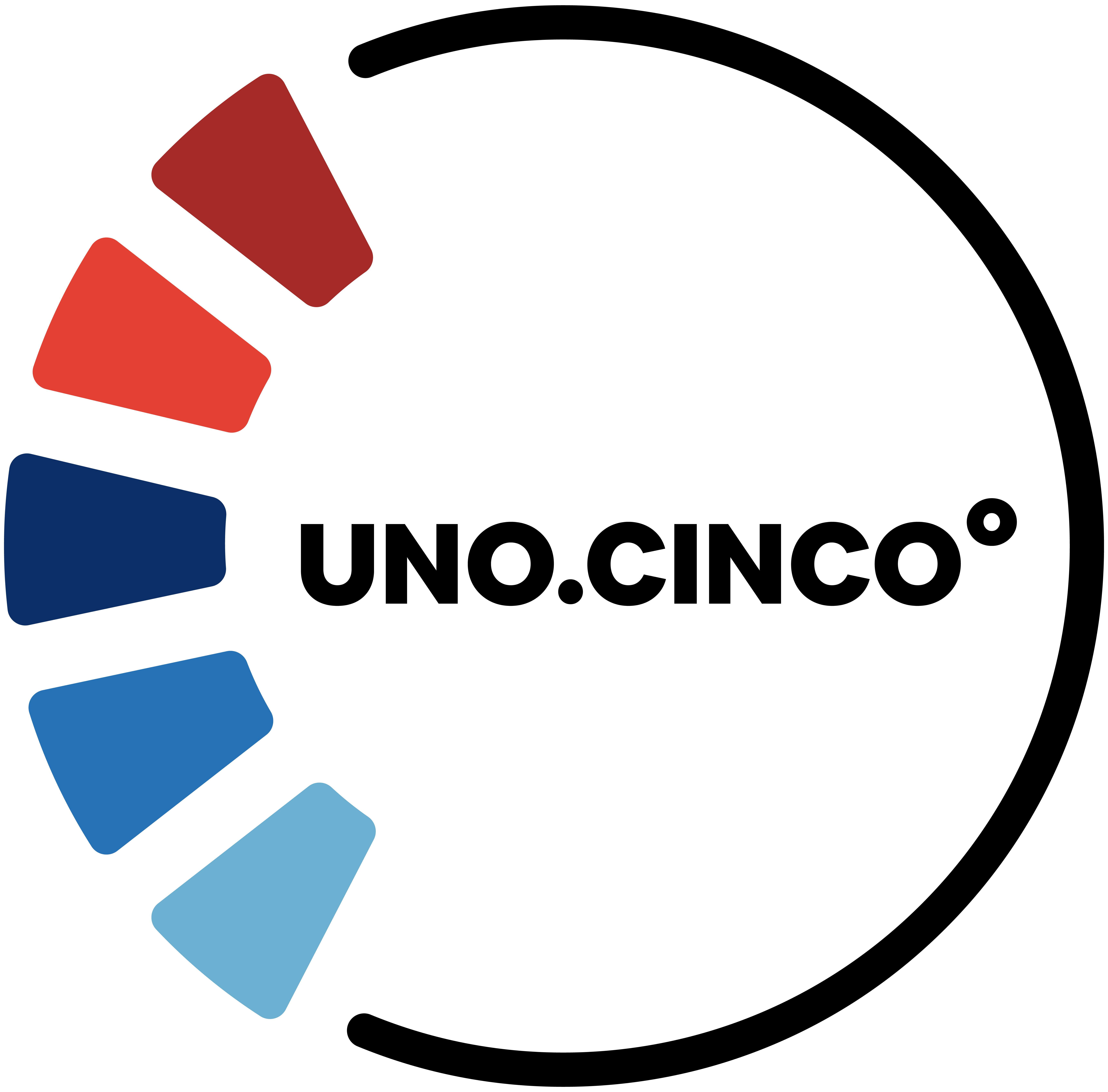




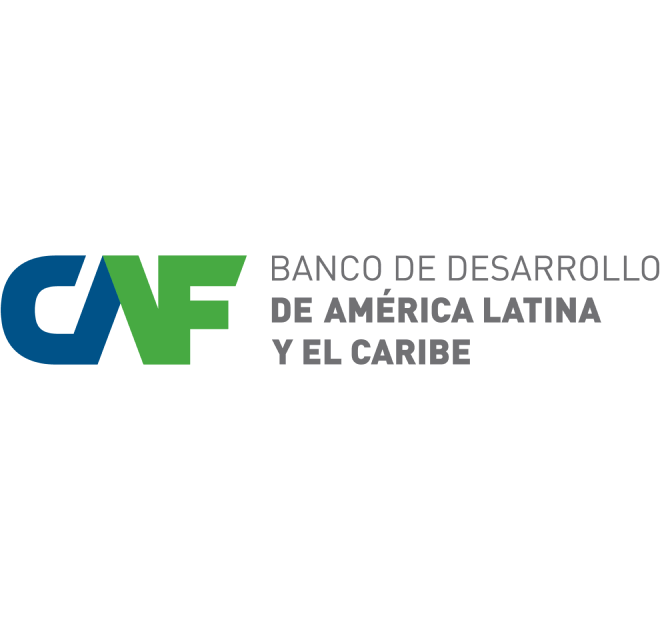
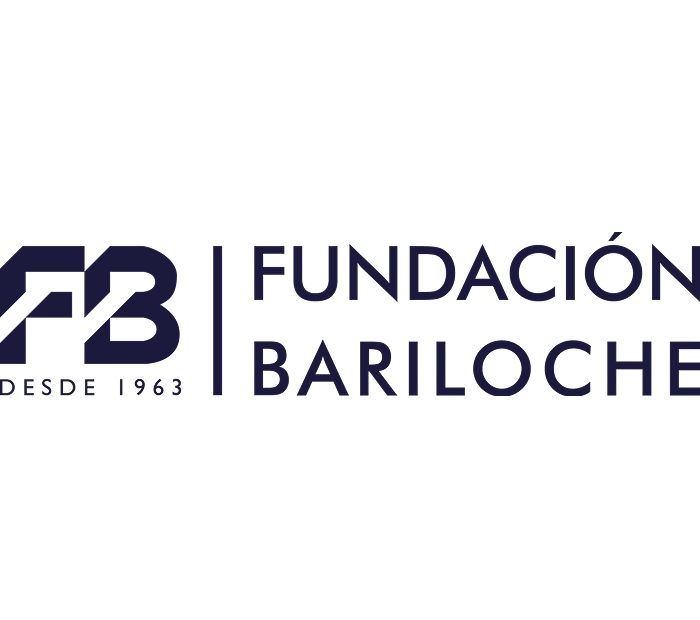


























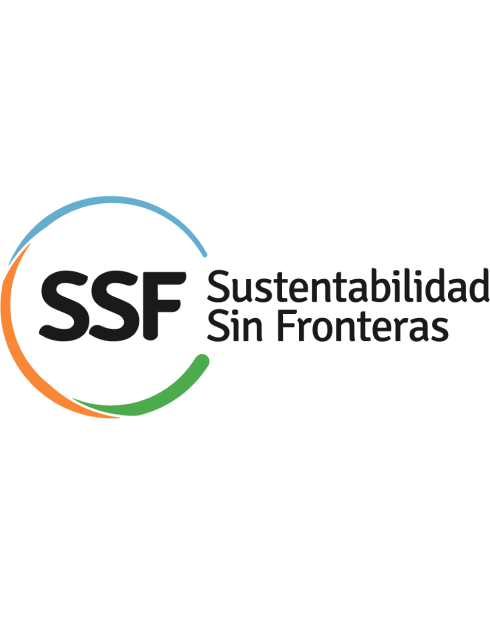
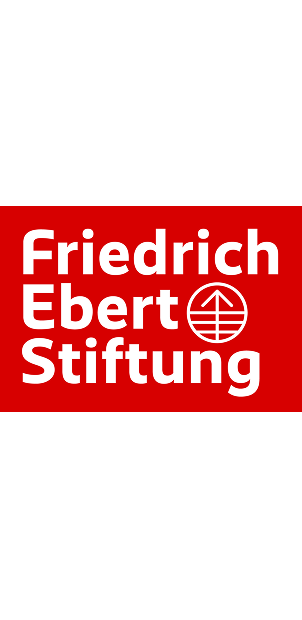
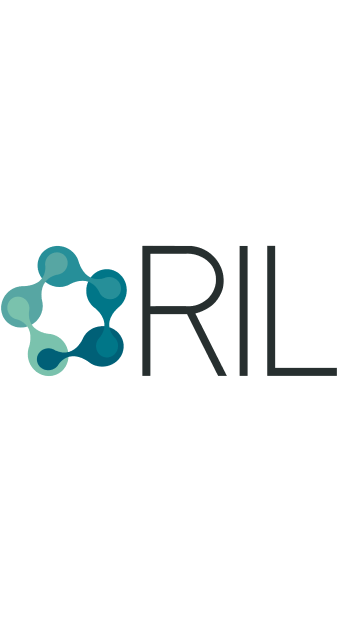
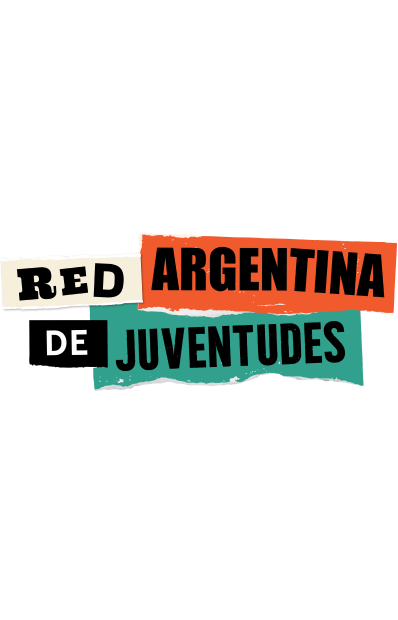
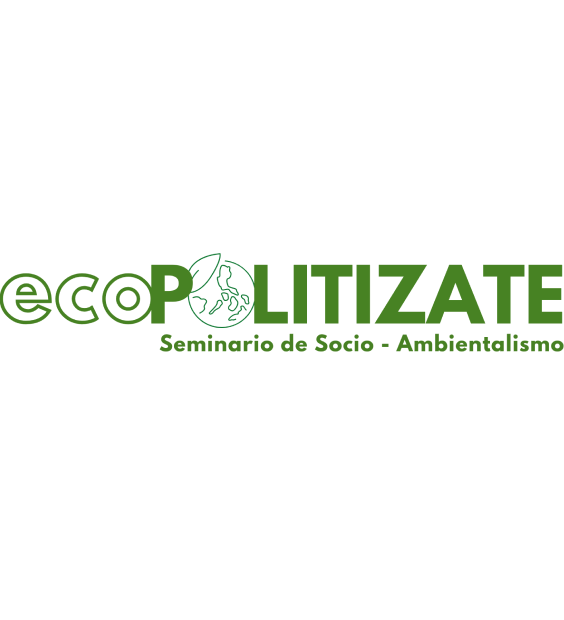

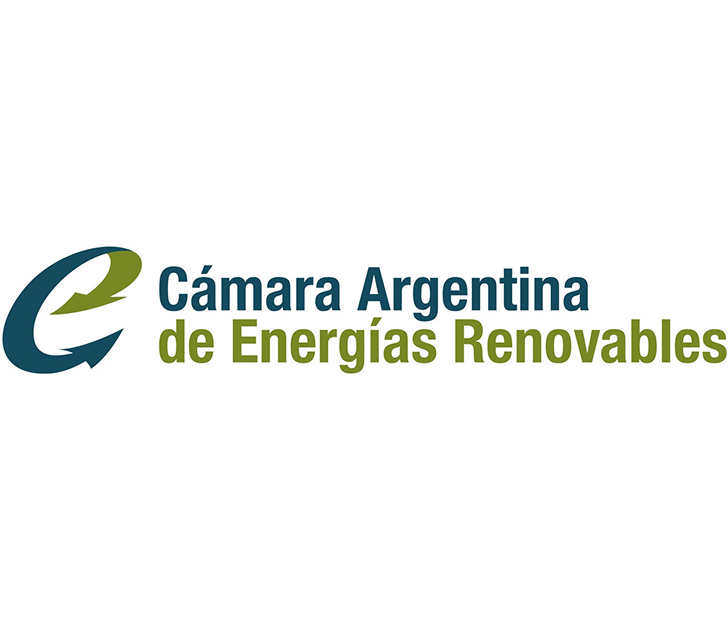























Why is transforming the energy system key to tackling the climate crisis? A global perspective and focus on the case of Argentina
Date: October 6
Teacher: Ana Julia Aneise, Fundar
How to ensure that the energy transition does not exacerbate inequalities. Latin American experiences and current debates.
Date: October 6
Teacher: Ana Julia Aneise, Fundar
Progress, challenges, and opportunities in Argentina. What role should the state play in accelerating the transition?
Date: October 15
Teacher: Delfina Godfrid, FLACSO
What place do gas and oil occupy today in Argentina's energy matrix, and how can their role be rethought in light of the transition?
Date: October 20
Teachers: Camila Bertranou y Nicolás di Sbroiavacca, Fundación Bariloche
Solar, wind, and nuclear energy: opportunities and challenges for diversifying the energy mix and accelerating a clean energy transition.
Date: October 20
Teacher: Luciano Carattori, FLACSO
The invisible link in the transition: electricity grids, storage, regional gaps, and regulatory challenges.
Date: October 27
Teachers: Soledad Aguilar y Clara Subirachs, FLACSO
Strategies for decarbonizing transportation: electromobility, trains, sustainable urban planning, and freight transportation.
Date: October 27
Teachers: Angie Palacios, CAF y Rafael Skiadaressis
How to reduce emissions without losing development. Industrial cases, energy efficiency, and productive restructuring.
Date: November 3
Teacher: Clara Subirachs, FLACSO
The forgotten tool: efficiency, electrification, and sustainable buildings as keys to reducing emissions and costs.
Date: November 3
Teacher: Andrea Heins, FLACSO
Lithium, copper, and more: can Argentina lead the global energy transition from the South?
Date: November 10
Teacher: Victoria Arias Mahiques, Fundar
How energy decisions impact the economy. Subsidies, taxes, employment, and incentives for renewables.
Date: November 10
Teachers: Marina Recalde, Fundación Bariloche
Who has access and who doesn't? Gaps, rights, and strategies for affordable, secure, and sustainable energy for all.
Date: November 17
Teacher: María María Ibáñez, IIESS, CONICET-UNS
The energy transition as a driver of development: strategic sectors, green industrialization, and window of opportunity.
Date: November 17
Teacher: Elisabeth Möhle, FLACSO - Fundar
High-level debate with experts and key institutions to discuss different perspectives for the new NDC and international cooperation.
Legal aspects of Distributed Generation. Recommendations for its application and success stories. What is the current status of DG in our country? What barriers and opportunities does it face? How does Community Distributed Generation work?
Date: October 21, 19:00
Teacher: Martín Dapelo, CADER
What are the implications of addressing the energy transition at a local level? An emerging agenda that gives local governments an increasingly prominent role.
Date: November 4, 12:00
Teacher: Mercedes Ordoñez, RIL
Research Coordinator for the Master's Degree in Law and Economics of Climate Change at FLACSO.
Global Energy Cluster Lead, The Climate Champions Team. UNClimate Change High-Level Champions.
Research Advisor to Nicholas Stern at the Grantham Research Institute on Climate Change & the Environment.
Researcher at the Department of Environment and Development of the Bariloche Foundation.
Professor in the Department of Economics at the National University of Santa Fe (UNS). Researcher at the Institute for Economic and Social Research of the South (CONICET).
Researcher specializing in Transportation at IIEP (UBA - CONICET)
Coordinator of the Sustainable Urban Mobility Unit at the Development Bank of Latin America and the Caribbean – CAF
Infrastructure Manager for Development at the Development Bank of Latin America - CAF
Member of the Executive Committee of CADER (Argentine Chamber of Renewable Energy). Founding partner of ON Networking Business. Consultant specializing in Energy Efficiency, Renewable Energy, and Climate Finance.
Coordinator of RIL Energy Cities. Degree in Environmental Sciences, specialist in Comprehensive Climate Change Management.
